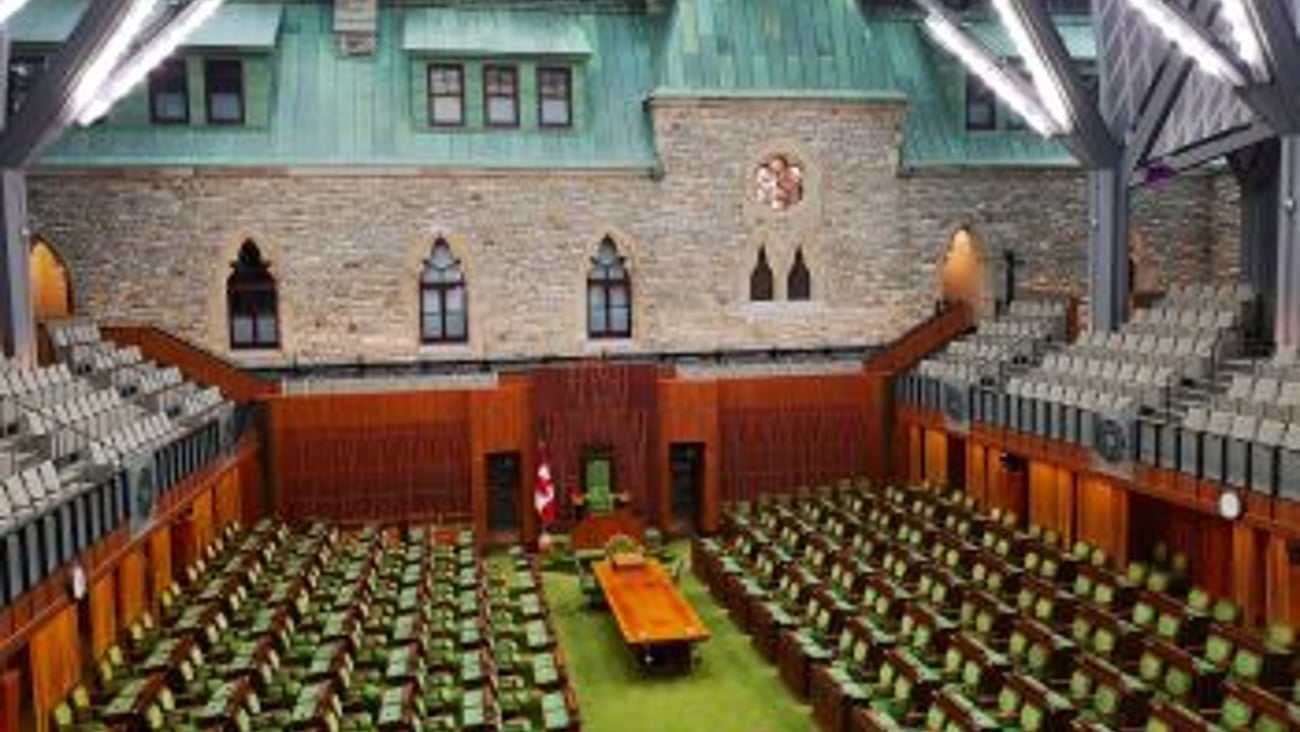Conquering contraband in Canada
A quick scan of recent media headlines tells a troubling story that needs to be immediately taken seriously.
$400,000 contraband tobacco seized in Burlington
Two charged after 5.4 million unstamped cigarettes seized after traffic stop in Saskatchewan
Thousands of illegal cigarettes seized from Lloydminster
Manitoba makes largest individual seizure of contraband cigarettes
Contraband tobacco taking over up to half of B.C. market, retailers and industry fear
Those headlines – all since November 2022 – reveal a growing black-market for the sale of contraband tobacco that is now encompassing Canadian communities from the Atlantic to the Pacific.
Why should anyone be concerned? Contraband costs us all.
- Retailers are losing money. Convenience stores have shown resiliency to remain open and serve communities during the pandemic, despite weathering the storm of lower sales and increased costs. Tobacco is the largest product category in the industry in Canada, but sales have been declining the past few years. Yes, this can be attributed to fewer people smoking, but many CICC members have reported as much as a 30% decline in the past 12 months. And to attribute that decline exclusively to Canadians quitting is simply wrong.
- Governments are collecting lower tax revenues. Tobacco products are highly taxed, and in 2021, our industry collected $4.6 billion for provincial and federal governments. But many provinces, like British Columbia, have been forced to lower their budget estimates – British Columbia had been expecting $760 million in tax revenue from tobacco sales in the 2022-2023 fiscal year. It then reduced that expectation by $45 million, to $715 million in its first quarterly report of the fiscal year. Federally, industry experts have estimated that contraband will cost the federal government $126 million in tax revenue.
- It’s a public health issue. The quality of the product on the black market is substandard and there are no health and safety requirements on these illicit manufacturers. The cheaper contraband products are also more accessible to youth as the unregulated black market doesn’t ask for age identification.
Most importantly, it's about the safety and viability of communities.
No one wants to admit it, but the growing illicit tobacco market is not only closely linked to crime, it’s financing it.
Organized crime and criminal gangs are using proceeds from contraband tobacco as an avenue to further the sale of street drugs and illegal weapons because it is a very lucrative business – eight times more profitable than the sale of drugs themselves.
And that’s a high reward with a very low risk of getting caught and results in more gangs, more guns and more grief on the streets.
When you add the impact on convenience stores, government coffers, public health and communities together, it quickly adds up to a crisis.
How did we get here?
The core of the problem is over taxation. For too long governments have pursued a failed policy that has done little to impact smoking rates and has instead created an unregulated illicit market.
Currently, B.C. has the highest provincial tobacco taxes resulting in the largest contraband market in the country. When consumers can buy a carton of contraband tobacco for $45 on the street, who is going to opt to purchase a $178 carton of legal cigarettes at a convenience store?
What’s the solution?
As a major priority for the industry, CICC is advocating to governments at all levels that this is an issue that no-one can sweep under the carpet any longer. There is an abundance of evidence that points to the need for action and we have developed a tangible solution—5-Point Plan – that can be adopted by governments immediately.
We also advocate that convenience retailers are the most responsible retailers with a proven track record. CICC’s ID Please program sets the gold standard for training staff and is very economical.
We have also launched a public education campaign – contrabandcostsusall.ca – to raise awareness about how this impacts Canadian communities.
Will it work?
It did in Quebec. But it took a lot political will by the provincial government to institute measures – similar to what we are recommending today – in hard-hitting legislation.
The result?
Quebec reduced its rate of contraband tobacco from approximately 33% to 12% within two years. And 2020 provincial budget documents highlighted that the government spent $14.4 million on its contraband tobacco program and yielded a return of $206 million – that’s a return of over $14 for every dollar invested.
Contraband tobacco costs us all, including the livelihood of law-abiding retailers who are threatened by gangs in their own parking lots. But it doesn’t have to.
If governments are truly committed to reducing crime in Canadian communities while helping small businesses, it must take steps to battle the illegal tobacco market immediately. There’s a tried and tested solution ready to be implemented. The question is: do politicians have the political will to take action?
If they opt for the status quo, they will continue to put the safety of Canadian communities at stake by enabling organized crime to strengthen their roots on our streets.






